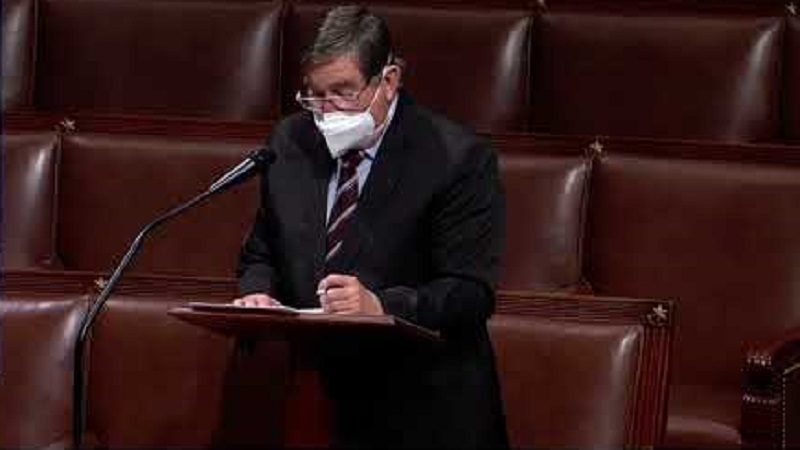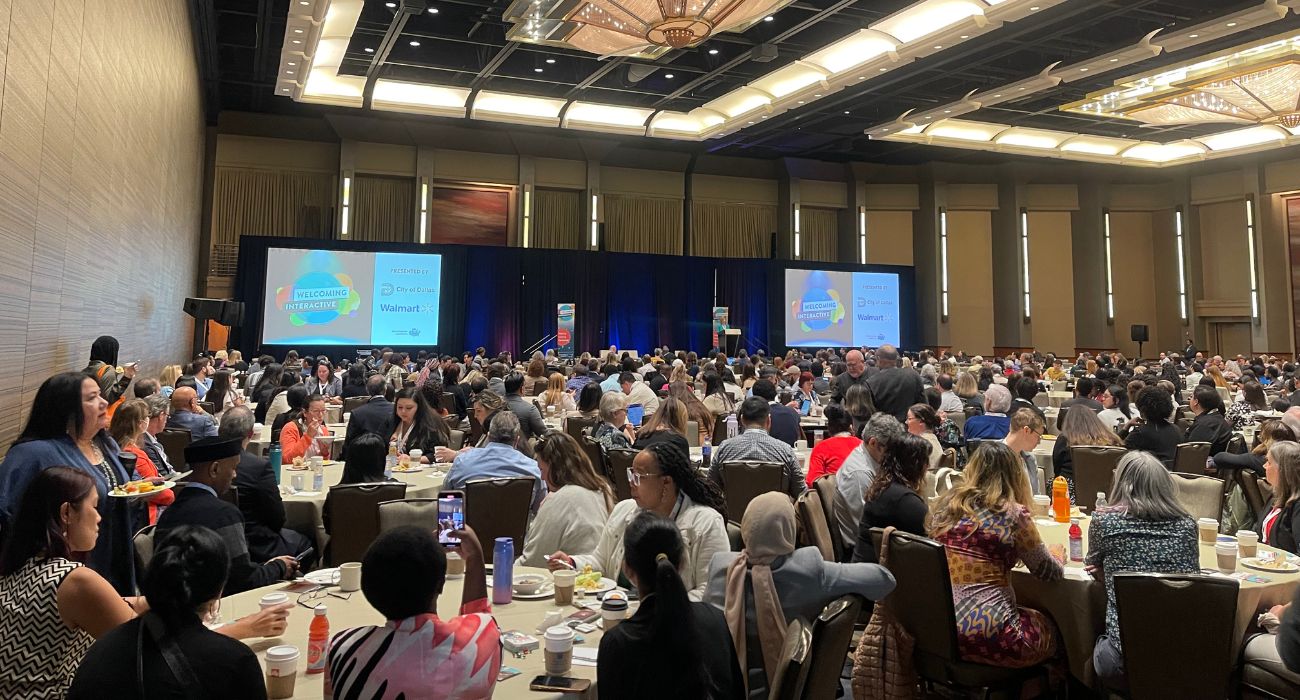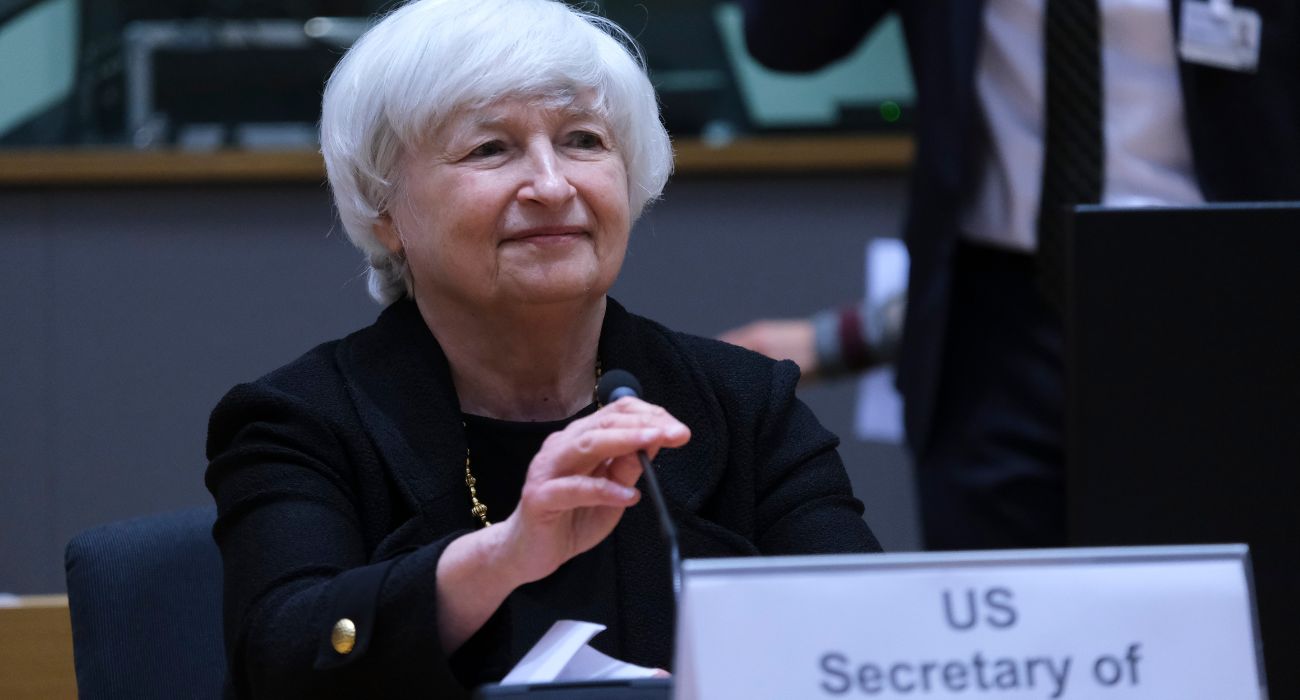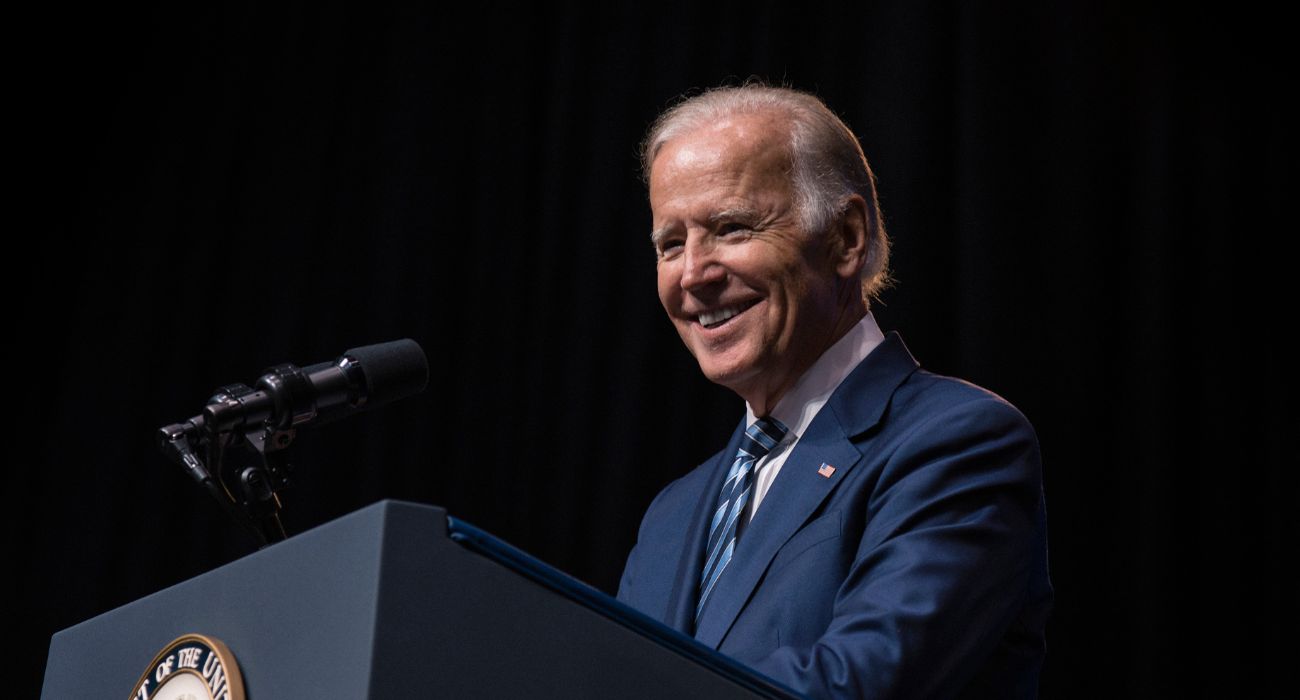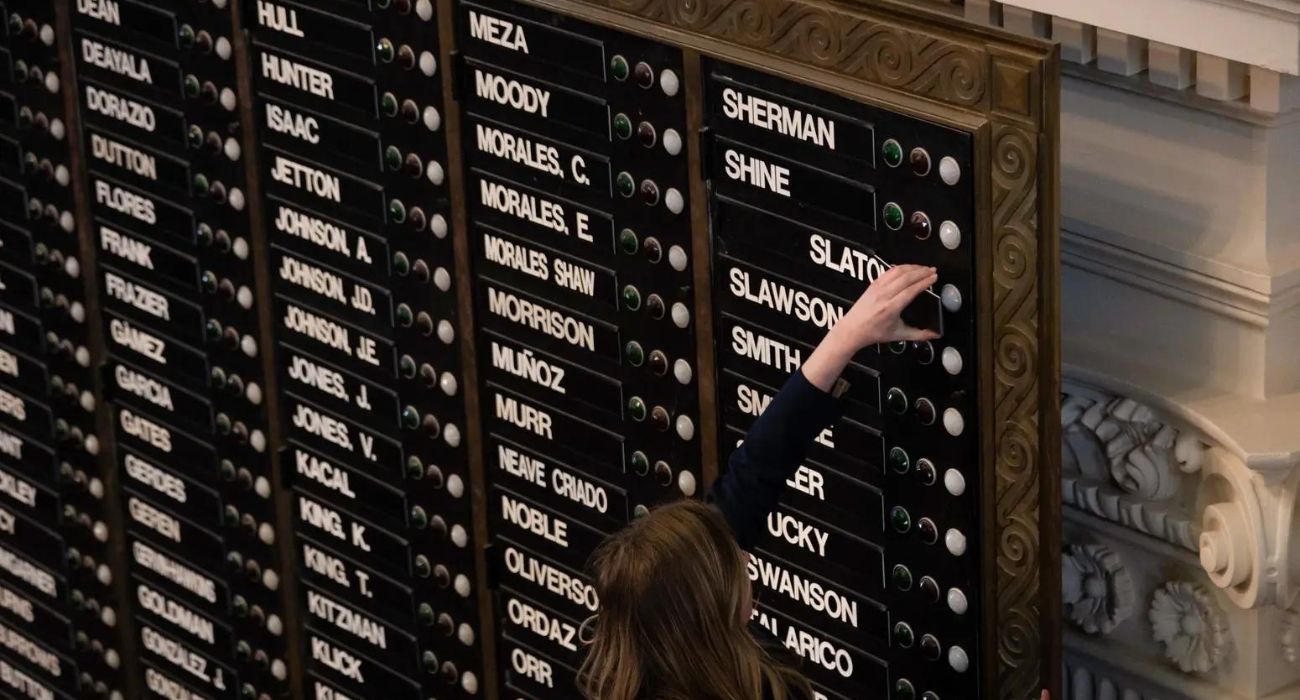A Republican bill currently stalled in U.S. House committees is the right way to get broadband to all Americans, Rep. Michael Burgess (R-Pilot Point) and other Republicans say.
Burgess took to social media last week to voice his support for House Resolution 3435, introduced this past spring.
“The American Broadband Act will take away expensive barriers in broadband deployment and ensure broadband infrastructure reaches all Americans,” Burgess said in his a June 25 Twitter post.
Burgess has represented the Texas 26th Congressional District, one of the nation’s fastest growing areas, since 2003. In November, he soundly defeated Democrat Carol Iannuzzi and Libertarian Mark Boler for another term, taking more than 60% of the vote. Burgess serves on the House Budget and Energy and Commerce committees and is ranking member of the Legislative and Budget Process subcommittee on Rules.
House Republicans announced the American Broadband Act on May 20, saying it would close the nation’s digital divide by ensuring broadband infrastructure reaches all Americans without “duplicative and wasteful overbuilding.”
“Republicans on the Energy and Commerce Committee are leading the way in the American Broadband Act to close the digital divide, target rural and unserved areas, remove barriers to deployment, streamline permitting processes and unleash private investment,” the Republican’s announcement said. “This comprehensive package includes legislation from their Boosting Broadband Connectivity Agenda and additional resources to close the digital divide.”
Republicans announced the act the day after criticizing the Biden administration’s broadband infrastructure proposals, calling them “a wasteful and antiquated strategy” that “would harm competition and innovation, leading to lower private investment in broadband infrastructure.”
The American Broadband Act was referred to the House Energy and Commerce, Natural Resources and Agriculture committees, where it has been ever since.
Earlier this month, in support of the Biden administration’s “American Rescue Plan,” the Brookings Institute reported that the digital divide has been around for more than 20 years, the COVID-19 pandemic brought it to widespread attention and it “won’t go away on its own.”
The Brookings Institute report pointed to U.S. Census Bureau’s American Community Survey that found approximately 16.7 million U.S. households, about 14%, didn’t have in-home or wireless broadband in 2019. In another 24 million U.S. households, about 20% have access to in-home or wireless broadband but not both.
“It’s no longer a debate: Broadband is essential infrastructure,” the report said. “And no essential infrastructure should have the kinds of gaps we see within the broadband sector.”

